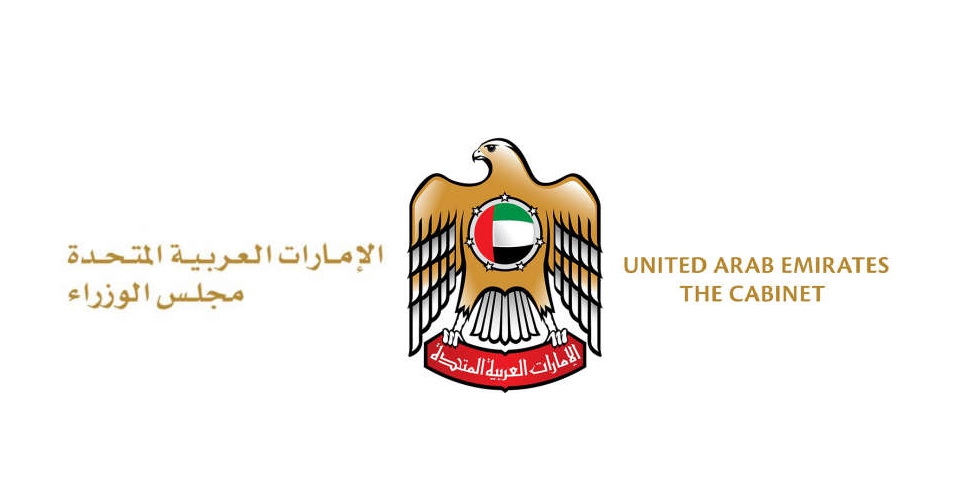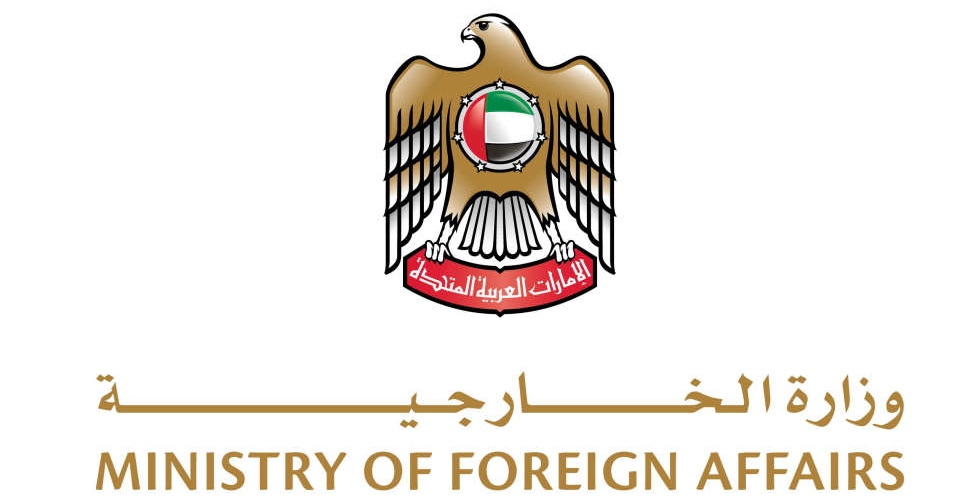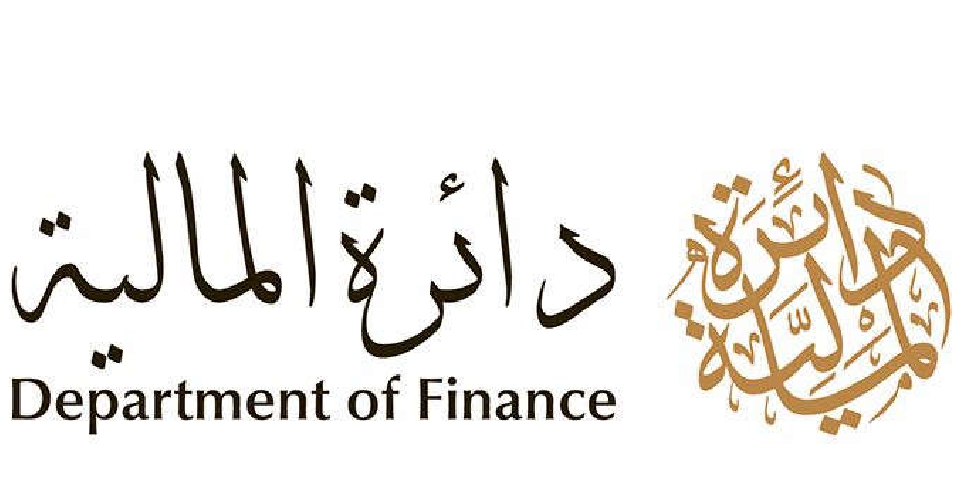
The Dubai Government has succeeded in reducing public debt by about AED 29 billion to reach 25 per cent of the emirate's GDP.
This was achieved within a year and a half of the establishment of the Public Debt Management Office (PDMO) of the Department of Finance (DOF).
This reduction will be achieved across all debt classes in the government debt portfolio, which includes a full redemption of Sukuk certificates worth AED 3.3 billion, the repayment of bilateral and syndicated facilities totaling AED 5.2 billion, and a partial settlement of AED 20 billion from the financing extended by the Abu Dhabi government and the Central Bank of the UAE.
"Despite ongoing global economic challenges, DOF not only achieved financial efficiency for the Government of Dubai but also seized opportunities from adversity," said Abdulrahman Saleh Al Saleh, DOF’s Director General.
"The support received from the leadership has enabled us to achieve rational spending on projects, improve and diversify revenues, and optimise the use of financing instruments. This has facilitated the fulfillment of government financial obligations according to the scheduled dates, in addition to accelerating the fulfillment of some other obligations," he added.
Within a year and a half year of establishing the Public Debt Management Office of the Government of Dubai's Department of Finance under the directives of @HamdanMohammed and supervision of @MaktoumMohammed, #Dubai has reduced its public debt by AED29 billion to 25% of its GDP
— Dubai Media Office (@DXBMediaOffice) September 26, 2023
Rashed Ali bin Obood Al Falasi, PDMO’s Chief Executive Officer said that the Public Debt Sustainability Strategy's (PDSS) objectives include reducing borrowing costs, mitigating refinancing risk, and ensuring the Government’s financial stability in the medium term.
"The programme also aims to shape robust public financial policies, and foster confidence among investors and financial institutions through maintaining a high level of transparency and credibility," he added.
Highlighting the programme’s achievements, Al Falasi explained: "One of the pivotal goals realised through debt repayments, is the substantial reduction of public debt levels, resulting in a significant boost to government financial liquidity and preparedness to meet any funding requirement, as part of its commitment to strategic projects and initiatives such as Dubai Urban Plan 2040 and the Dubai Economic Agenda (D33)."
"This strategic manoeuvre has led to a remarkable reduction in the public debt-to-GDP ratio, which now stands at a safe and conservative level of 25%. It's worth noting that internationally recognised thresholds typically range between 40% and 60%, underscoring Dubai's prudent fiscal management," Al Falasi pointed out.

 ADNOC L&S completes acquisition of 80% stake in Navig8
ADNOC L&S completes acquisition of 80% stake in Navig8
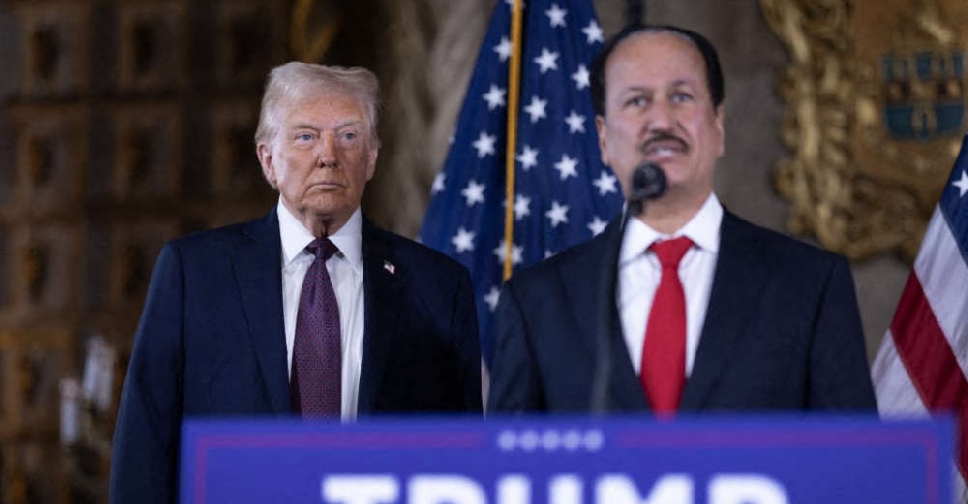 Donald Trump announces $20 billion Damac US investment
Donald Trump announces $20 billion Damac US investment
 Meta elects UFC CEO Dana White, two others to board
Meta elects UFC CEO Dana White, two others to board
 Abu Dhabi launches new Registration and Licensing Authority
Abu Dhabi launches new Registration and Licensing Authority
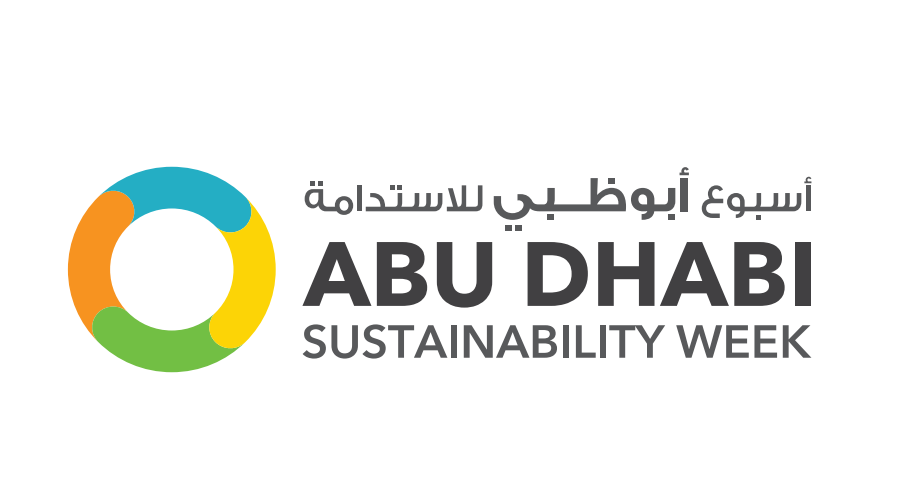 Abu Dhabi Sustainability Week to kick off on January 12
Abu Dhabi Sustainability Week to kick off on January 12
